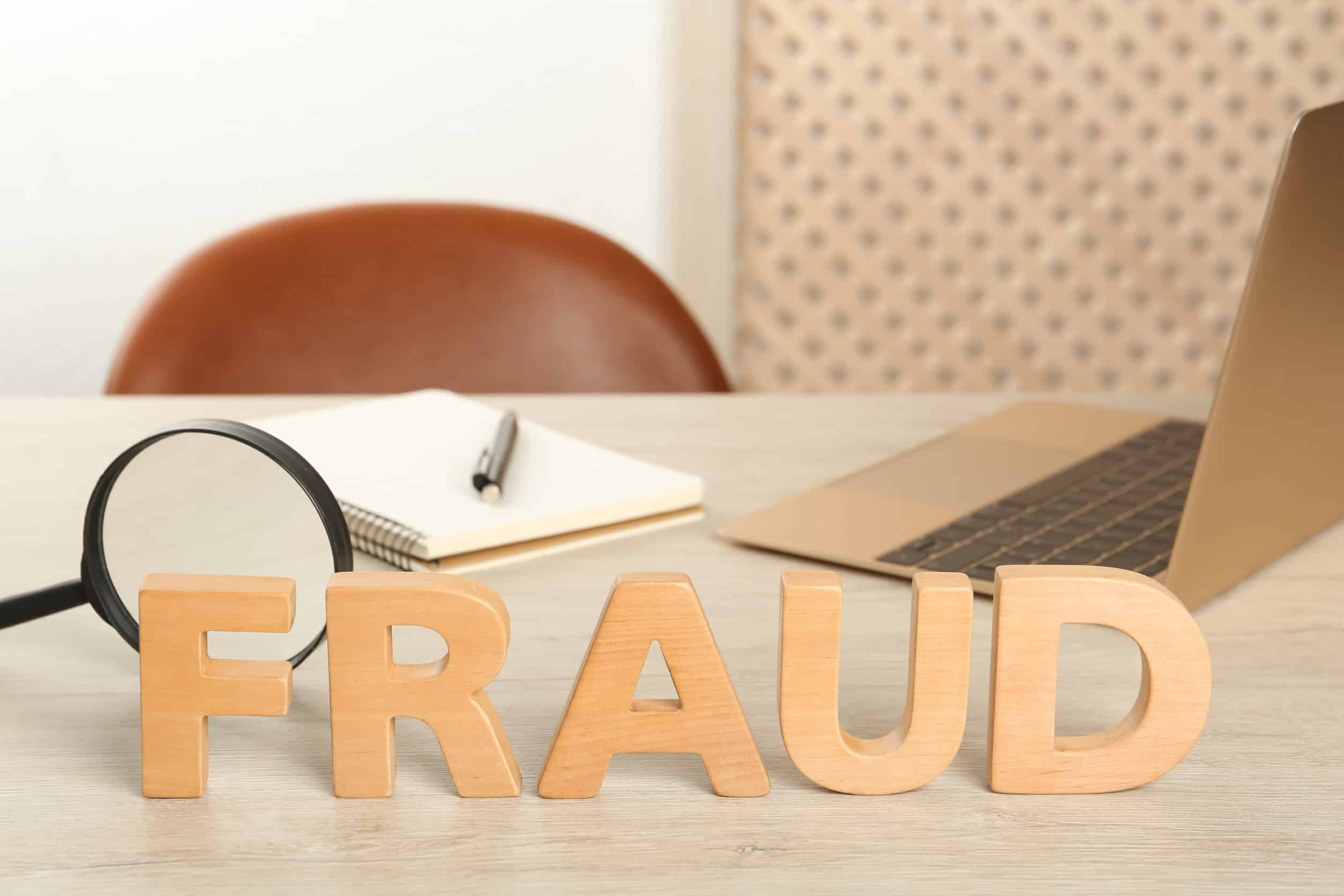What is Florida’s Fraudulent Transfer Statute?
Understanding the Fraudulent Transfer Statute is important for all individuals who are lending, borrowing, or transferring assets. Under Florida Statute 726, Florida regulates what is considered a fraudulent transfer. Fraudulent transfer can hinder creditors in two different instances. First, under Florida law, a fraudulent transfer can be made when it is intended to affect a contemporaneous transfer. Additionally, a fraudulent transfer can be made after a creditor claim arose snf before the transfer was made.
Who does the Florida Fraudulent Transfer Statute Apply to?
The Florida Fraudulent Transfer Statute applies to all individuals and businesses that are transferring assets. Businesses and business owners should be aware that the statute applies even when there are no current creditors. For instance, if an individual transfers an asset before any creditor claims are brought against them in hopes of avoiding liability, this is still considered a fraudulent transfer.
What are the Elements of a Fraudulent Transfer?
In the eyes of the state, a fraudulent transfer may occur in two different instances. First, a transfer is considered fraudulent when it is made by a debtor with an intent to hinder, delay or defraud a creditor. Alternatively, the second way a transfer may be considered fraudulent is if the transfer was made or incurred without receiving a reasonably equivalent value in exchange and the debtor was engaged in a business transaction where the remaining assets were unreasonably small or intended to incur debts beyond their ability to pay as they became due. It is extremely important for a debtor to understand the financial obligations they agree to when incurring a debt obligation. If they do not believe that they can repay a debt they are taking on, this may be considered a fraudulent transfer and subject to penalties.
An important element in determining whether something is a fraudulent transfer is intent. Florida law outlines a list of factors to consider whether a transfer was made with intent to defraud. These factors include whether the transfer was made to an insider, whether the debtor retained possession or control of the property after the transfer, whether the debtor was being sued or threatened with suit prior to the transfer, and whether the transfer was of all debtor’s assets.
What are the penalties for Making a Fraudulent Transfer?
If a debtor engages in a fraudulent transfer, a creditor may have a few options for relief. First, the creditor may avoid the transfer or obligation to the extent necessary to satisfy the creditor’s claim. Simply this just allows the creditor to avoid the fraudulent transfer when it was made with actual intent to hinder, delay or defraud.
Another possible remedy a creditor may have is attaching against the asset transferred or other property of the transferee. Lastly, in certain circumstances, a credit may be able to obtain an injunction against the debtor or appoint a receiver to take charge of the transferred property. Florida provides numerous remedies to cure a fraudulent transfer.
What are possible defenses to a Fraudulent Transfer?
While Florida provides numerous methods to cure a fraudulent transfer, not all fraudulent transfers are subject to penalty. First, a person must bring their cause of action in court within four years after the transfer was good or the obligation was incurred, or if later, within a year after the transfer was or could have been reasonably discovered. Individuals should be aware of the time wrongdoing occurs and make sure they file timely lawsuits. If you are unsure whether the statute of limitations has run on a fraudulent transfer you may be involved in, you should contact an experienced attorney.
Additionally, while a person may make a fraudulent transfer according to the definition put forth by Florida law, not all are unenforceable. A person should be aware that a transfer is not voidable, meaning it could still be enforced, against the person who made the transfer if it was done in good faith and for a reasonably equivalent value.
If you would like to learn more about how Florida’s Fraudulent Transfer Statute may apply to you, do not hesitate to contact one of our experienced business attorneys at EPGD Business Law.








